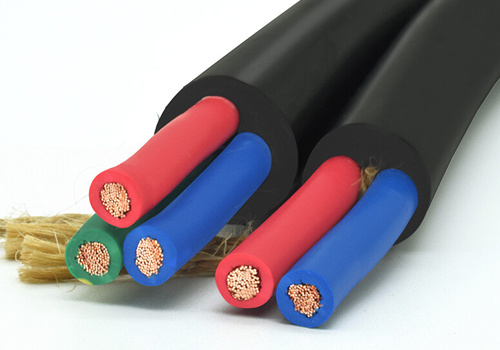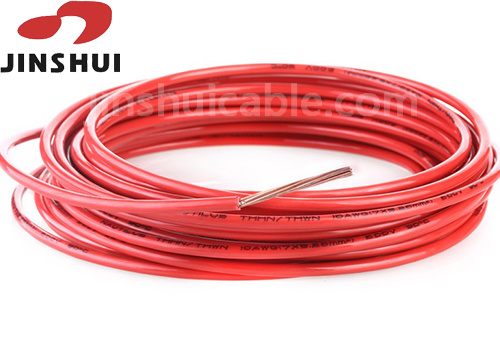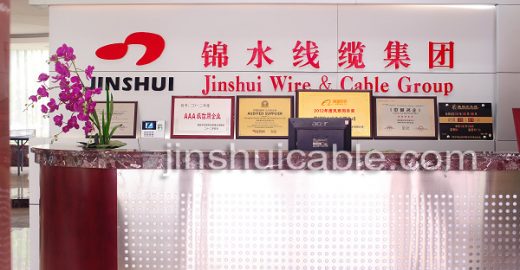Usually we use different English letters to distinguish different types of wires, such as RVV, THHN, THWN. What are their uses? What are the differences?
What is RVV wire?

RVV is a soft sheathed wire. This type of wire is two or more rv wires with a layer of PVC sheath. The r in the RVV wire refers to the flexible wire, and the v refers to the PVC insulator. RVV wires are weak wires, usually used as power lines, control lines, and signal lines for electrical appliances and instruments. For example, it can be used as an anti-theft alarm system, a signal line of a high-rise building intercom system, etc. Rvv sheathed wire can also be used for general purposes such as wiring circuits, machine tools, electrical appliances, etc. It is an excellent replacement for traditionally used THHN wires because it is safer and has a longer service life. The main purpose of RVV sheathed wire is to locate buried natural gas pipelines and various machinery and equipment. It can also be used in underground positioning lines, positioning lines and other environments.
What is THHN wire?

Thermoplastic High Heat Nylon (THHN) is a general-purpose wire for machine tools and some appliances, but its main use is as construction wire. THHN wires are used to transmit electricity throughout the building. The wire itself is either copper or aluminum (both conductors of electricity), stranded or solid. Polyvinyl chloride (PVC) is then applied to the THHN wire, followed by a nylon sheath.
What is the difference between RVV sheathed wire and THHN nylon wire?
1. The sheath layer of RVV sheathed wire is thicker than the nylon sheath layer of THHN wire, which has a longer service life and is more cold-resistant.
2. The working life of the RVV sheathed wire is the best choice for durability. THHN wires often need to be replaced because they corrode or no longer transmit.
3. RVV sheathed wire is also approved for voltages up to 600 volts and performs well in temperatures up to 90 degrees Celsius. It ranges from 8-14AWG.
4. THHN wires are approved to withstand voltages up to 600 volts, which can meet most residential and industrial electrical needs. In a dry environment, it can reach temperatures as high as 90 degrees Celsius. THHN wire doesn't do well in wet environments unless it's THWN rated. The nylon jacket layer gives the wire flexibility, which is critical for routing and wiring requirements.
5. Due to its polyethylene coating, the RVV sheathed wire can withstand temperatures up to 75 degrees Celsius in wet conditions. The outer layer also provides resistance to corrosion, water damage and exposure to gas and oil. That's why it's perfect for locating gas and water pipes.
6. THHN wire is cheaper than RVV sheathed wire; this has contributed to its popularity as construction wire. In some residential, industrial or construction scenarios where a lot of building wires are required, THHN wires are a logical choice as it can save a lot of cost.
However, problems arise when contractors select THHN for applications that are more suitable for RVV jacketed wire. Contractors may see initial cost savings, but ongoing repair, maintenance and replacement costs can quickly turn these immediate savings into huge losses in the long run. Rvv sheathed wire is potentially dangerous and THHN wire will quickly become obsolete when low quality wire is not properly selected as tracer wire is now a safer and easier to use option for general wiring needs.
Get A Free Quote

The first phase of the 137th Canton Fair will officially open on April 15, 2025! Zhengzhou Jinshui Industrial Co., Ltd. mainly produces and exports wire…

The Benin account manager came to our company to discuss the business of ABC cable! Yemen brotherhood customers come to the company to exchange product…

Zhengzhou Jinshui Industrial Co., Ltd. wishes you a Merry Christmas!!
Submit Request
PDF Request